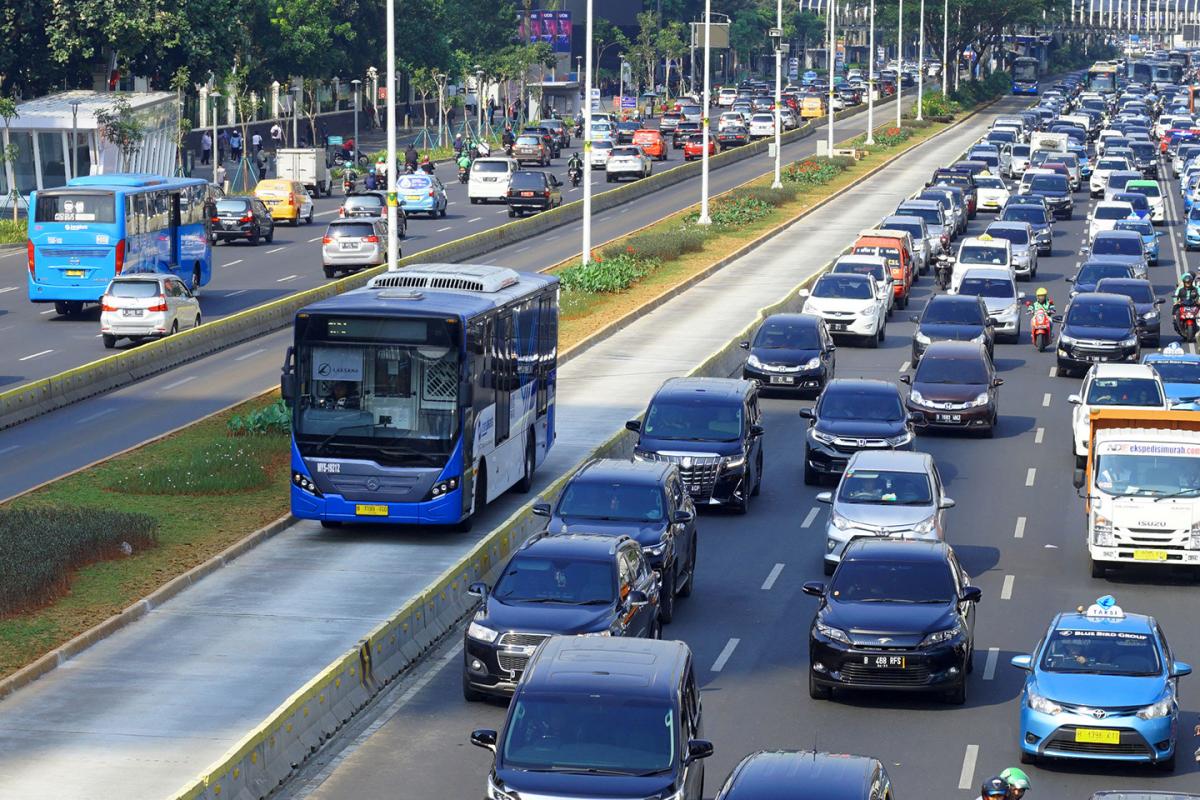Innovations in the vehicle transport industry are driving the need for sustainable practices to fuel growth in careers within this sector. With a focus on reducing carbon emissions and minimizing environmental impact, the adoption of sustainable practices has become a top priority.
From the use of electric and hybrid vehicles to the implementation of renewable energy sources, professionals in vehicle transport are embracing eco-friendly solutions to meet the demands of the future. This article explores the pivotal role of sustainable practices in shaping the trajectory of vehicle transport careers, highlighting the significant changes and opportunities that lie ahead.
As industry leaders and policymakers rally behind the concept of sustainable transportation, professionals must understand the evolving landscape and the steps needed to stay ahead of the curve.
The Growing Demand for Sustainable Transport Solutions
The world is witnessing an unprecedented rise in the demand for sustainable transport solutions, reflecting a growing recognition of the urgent need to address environmental concerns. As our planet grapples with the consequences of excessive carbon emissions and pollution, there is an increasing emphasis on adopting greener methods of transportation.
From electric vehicles to public transport systems powered by renewable energy, the shift towards sustainable transport is gaining momentum. In response to this global transformation, professionals in the vehicle transport industry are now finding themselves at the forefront of a paradigm shift.
Their roles are evolving, demanding a deep understanding of sustainable practices and a commitment to implement them effectively. This article delves into the crucial role that sustainable practices play in the vehicle transport careers of today and highlights the immense potential for growth in this burgeoning sector.
Key Factors Driving the Shift towards Sustainable Practices in Vehicle Transport
 As the global need for sustainable practices continues to gain momentum, the transportation industry is finding itself at the forefront of this transformative shift. Several key factors are driving the adoption of sustainable practices in vehicle transport.
As the global need for sustainable practices continues to gain momentum, the transportation industry is finding itself at the forefront of this transformative shift. Several key factors are driving the adoption of sustainable practices in vehicle transport.
Firstly, the pressing concern for environmental preservation and the urgent need to mitigate carbon emissions have propelled the industry towards more sustainable alternatives. The devastating effects of climate change have pushed governments, consumers, and transportation companies alike to explore greener options, such as electric vehicles (EVs) and hydrogen-powered vehicles, that produce lower or zero emissions. Additionally, rising fuel costs and limited oil resources have forced industry players to seek cost-effective and sustainable alternatives to traditional fossil fuels.
Moreover, the growing awareness and demand for eco-conscious lifestyles have led consumers to prioritize sustainability in their transportation choices, pushing manufacturers and service providers to offer greener options. Furthermore, stringent regulations and policies implemented by governments have incentivized the adoption of sustainable practices in vehicle transport, encouraging investment in research and development of green technologies.
These factors, coupled with advancements in renewable energy sources and infrastructure, have prompted a significant shift towards sustainable practices in the vehicle transport industry, fostering a new era of cleaner and more responsible mobility.
Challenges and Opportunities for Vehicle Transport Careers in Sustainable Practices
In an era where sustainable practices are gaining increasing significance, vehicle transport careers face a unique set of challenges and opportunities. As society embraces the need for environmentally friendly transportation, professionals in this industry must tackle obstacles while seeking new avenues for growth.
The challenges lie in striking a balance between modernizing infrastructure and adopting sustainable technologies. From upgrading vehicle fleets to implementing greener fuel options, the shift toward sustainability demands substantial investments and strategic planning.
Moreover, professionals must navigate the complex web of regulations and policies aimed at reducing carbon footprints. However, within these challenges, opportunities emerge.
The growing demand for electric vehicles creates room for innovation and career advancement, as professionals can specialize in maintaining and operating these eco-friendly alternatives. Additionally, the rise of smart transportation systems and autonomous vehicles presents exciting prospects for those skilled in cutting-edge technologies.
The key to success in this evolving landscape lies in a proactive approach, embracing change, and constantly staying abreast of developments in sustainable practices.
Sustainable Technologies and Innovations in Vehicle Transport Careers
 As the world increasingly focuses on environmental sustainability, the role of sustainable practices in vehicle transport careers has become paramount. From cutting-edge technologies to innovative solutions, the industry is experiencing a profound shift towards sustainability.
As the world increasingly focuses on environmental sustainability, the role of sustainable practices in vehicle transport careers has become paramount. From cutting-edge technologies to innovative solutions, the industry is experiencing a profound shift towards sustainability.
Electric vehicles (EVs) have emerged as a game-changer, providing a clean alternative to traditional fuel-powered vehicles. Additionally, advancements in battery technology and infrastructure have made EVs a more practical and appealing option for both consumers and businesses.
This shift towards sustainable practices is not limited to vehicles alone; it extends to logistics and transportation systems as well. Intelligent route optimization algorithms, for instance, reduce fuel consumption and emissions by efficiently organizing delivery routes.
Furthermore, emerging concepts such as shared mobility and autonomous vehicles hold immense potential to revolutionize the landscape of vehicle transport careers. These sustainable technologies and innovations are reshaping the industry, offering exciting opportunities for professionals to contribute to a greener and more efficient future.
The Role of Government Regulations in Promoting Sustainable Transport Solutions
Government regulations play a critical role in driving the adoption of sustainable transport solutions, fostering a greener future for vehicle transport careers. By implementing policies that encourage and enforce environmentally friendly practices, governments can incentivize the development and utilization of cleaner fuel technologies, such as electric vehicles or biofuels.
These regulations also promote the creation of infrastructure necessary to support sustainable transport, like charging stations for electric cars or hydrogen fueling stations. Furthermore, by setting emission standards and imposing penalties for non-compliance, governments can push industry leaders to invest in research and development of innovative technologies that reduce carbon footprints.
Additionally, regulations can encourage the integration of public transportation systems, providing accessible and affordable alternatives to private vehicles. Through the enactment of comprehensive regulations, governments can pave the way for a more sustainable and environmentally conscious transport industry, benefiting both society and the planet.
Conclusion
 In conclusion, the important role of sustainable practices in vehicle transport careers cannot be underestimated. As the world grapples with the challenges of climate change and environmental degradation, the need for more eco-friendly transportation solutions becomes increasingly urgent.
In conclusion, the important role of sustainable practices in vehicle transport careers cannot be underestimated. As the world grapples with the challenges of climate change and environmental degradation, the need for more eco-friendly transportation solutions becomes increasingly urgent.
Fuel-efficient technologies, alternative fuels, and the adoption of sustainable practices not only contribute to reducing greenhouse gas emissions but also enhance cost-effectiveness and promote healthier communities. Shiply, a leading transport platform, exemplifies the potential of sustainable practices by connecting shippers with transport providers, optimizing routes, and reducing empty miles. By embracing sustainable practices in vehicle transport careers, we pave the way for a greener future, where economic growth and environmental responsibility go hand in hand.






